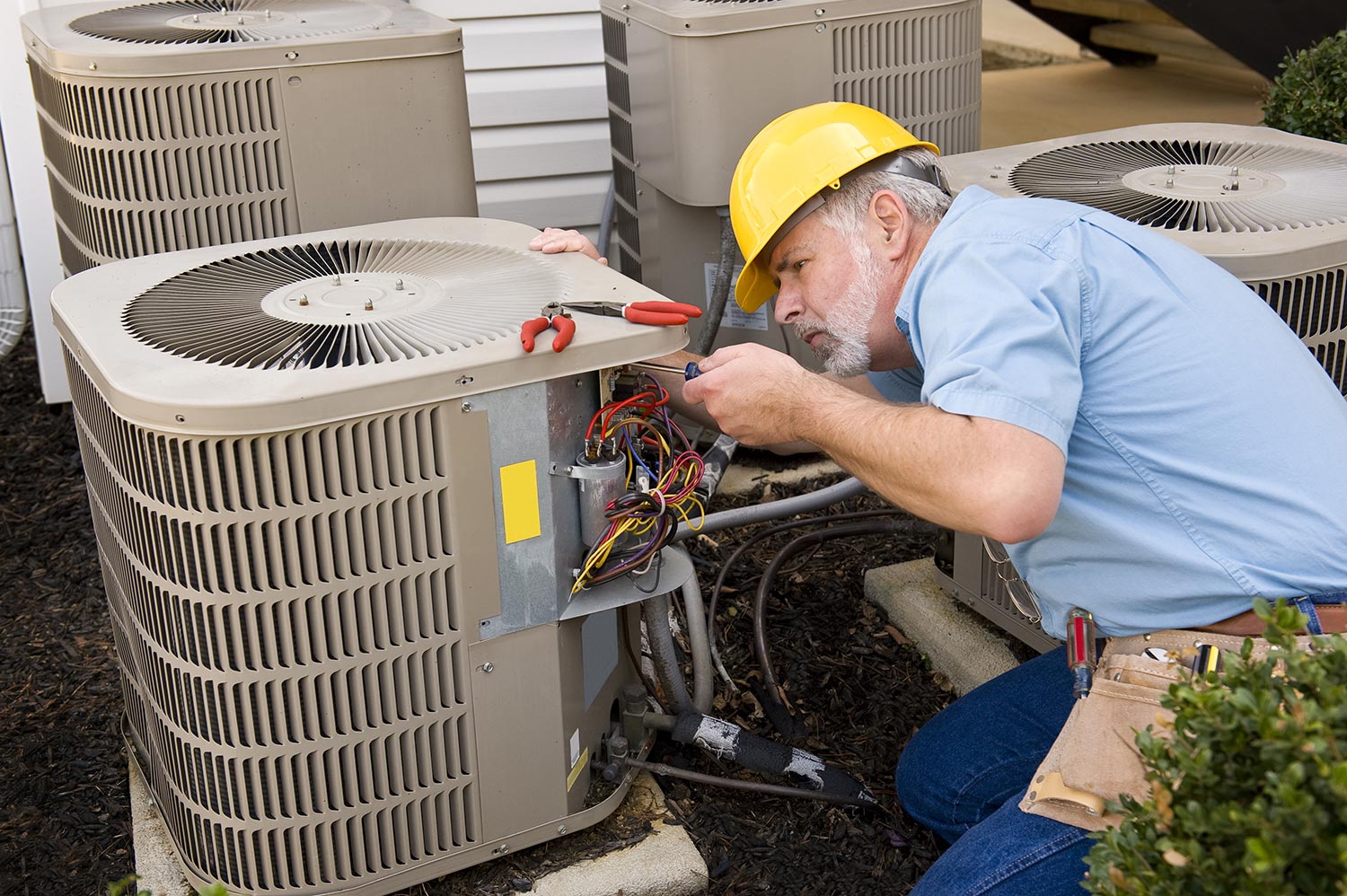As summer’s sweltering heat rolls in, the question of whether running the air conditioner affects a vehicle’s fuel consumption becomes a common concern. Let’s explore the relationship between air conditioning usage and gas consumption to debunk the myths and provide you with a clearer understanding.
The Air Conditioning Myth
It’s a widespread belief that running the air conditioner significantly increases a vehicle’s fuel consumption. This myth has its roots in the fact that air conditioning systems place an additional load on the engine, requiring more energy to operate. As a result, some believe that the engine works harder, leading to higher gas consumption.
The Reality
While it’s true that air conditioning does add load to the engine, the impact on fuel consumption is often overestimated. Modern vehicles are designed with advanced technologies to mitigate the effects of air conditioning on gas usage. Here’s what you need to know:
Aerodynamics Matter: At higher speeds, aerodynamic drag plays a more significant role in fuel consumption than the air conditioner’s load. In fact, driving with windows down at highway speeds can increase drag, potentially offsetting any fuel savings gained by turning off the AC.
Engine Efficiency: Modern engines are more efficient and capable of handling additional loads like air conditioning without a substantial increase in gas consumption. The overall impact is less significant than it used to be in older vehicles.
Idle vs. Running: Idling your vehicle with the engine on can consume more fuel than running the air conditioner while driving. If you’re parked and stationary, turning off the engine and using the air conditioner can be more fuel-efficient.
Driving Habits: Aggressive driving, frequent acceleration, and braking have a more pronounced impact on fuel efficiency than air conditioning usage.
Efficiency Tips
If you’re concerned about fuel consumption while using the air conditioner, consider these tips:
Use Recirculation: Recirculate the already-cooled air inside the cabin to reduce the load on the AC system.
Maintain Your AC: Regular maintenance ensures that your air conditioning system operates efficiently, minimizing the extra load on the engine.
Park in Shade: If possible, park in shaded areas to reduce the initial heat buildup inside the vehicle.
Conclusion: Balancing Comfort and Efficiency
Running the air conditioner in your vehicle does increase the load on the engine, but the impact on fuel consumption is often smaller than commonly believed. Modern vehicle designs and efficient engines have lessened the effects of air conditioning usage on gas usage. If you’re concerned about fuel efficiency, focus on maintaining a steady driving speed, minimizing aggressive driving habits, and keeping up with regular vehicle maintenance. Ultimately, it’s a balance between staying cool and keeping your vehicle running efficiently.
FAQs
1. Is it better to turn off the air conditioner to save fuel?
While turning off the air conditioner may save a small amount of fuel, the difference is usually minimal, especially in modern vehicles. Driving habits and other factors have a more significant impact on fuel efficiency.
2. Can using the air conditioner damage the engine?
No, using the air conditioner won’t cause significant damage to the engine. Modern engines are designed to handle additional loads like air conditioning without major issues.
3. What’s more fuel-efficient: windows down or AC on?
At lower speeds, driving with windows down may be more fuel-efficient. At higher speeds, air conditioning is likely to be more efficient due to reduced aerodynamic drag.
Zeeshan is a seasoned tech expert and senior writer at Teckrr.com. With over 10 years of experience in tech journalism, he brings insightful analysis and up-to-date information on the latest tech trends. Zeeshan holds a MBA degree from Business and Tech University and is known for his engaging writing style and ability to demystify complex tech topics. Stay connected with the cutting-edge of technology through his expert lens.

Leave a Reply